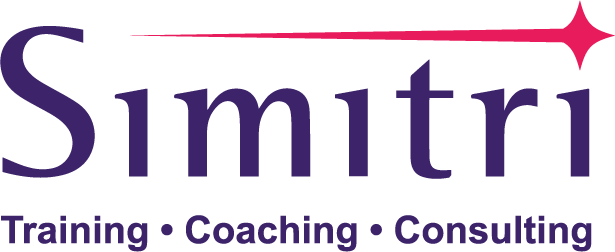YOUR MARKETING HAS resulted in a stream of interest from prospective clients. The phone is ringing off the hook. The switchboard is jammed with requests for meetings. The first available time on your calendar is two weeks from Wednesday. As great as this may sound, it doesn’t happen. It’s not unrealistic to imagine someone attending your luncheon seminar coming up to you afterwards and saying “I’m interested in learning more about this, can we get together?” It’s also possible you receive a response from a contact marketing email from someone wanting to meet once they return from their business trip. These do occur – but for most of us, this is not enough to meet our business development goals.
Promoting Your Company
ASK ANY OF your clients why they appointed you. Chances are you will hear words like understanding, trust, compatibility, rapport. The words you probably will not hear are the ones related to your marketing efforts - advertising, website, public relations, press release, newsletters, or seminars. In professional services, clients buy individuals. People buy people. This doesn’t mean that marketing is not important. Quite the contrary, it has a very important role. But this role needs to be clearly defined. Marketing is not about selling your service; it’s about motivating the clients to want to meet with you.
Screening Your Best Prospects
IF YOU HAD a blank sheet of paper and the task of developing a list of prospective clients, where would you begin? For most of us, the first step would be to pull out some of the hundreds of name cards collected over the years and select the most likely prospects from among them. If asked to explain why those particular firms were chosen, your answer would probably be that they are big and have potential, have a large budget for professional services, that contact has already been established, or that some business has been done with them in the past.
Building Your Sales Pipeline
IF YOU'VE EVER had a conversation with someone in your company responsible for sales or business development, you have probably asked them a few of the stock questions. How's business going? Any recent successes? Are the numbers up? Chances are the answers you got will all have related to what has already been achieved - work done and invoiced, contracts negotiated and signed, projects confirmed but not yet started. By now, there is probably not much that can change the expected level of revenue. Of course, the entire senior management team will push everyone to "sell more" to the clients involved, but realistically that will have little impact on the bottom line.
Contemplate the Battle
IF THERE'S ONE THING most salesmen have, it's a plausible excuse for not getting the business. "We lost out because of their internal politics"; "They stuck with the current supplier for price reasons". Chances are the people giving those reasons have great selling skills. So why do they achieve only limited success and never bag the really big clients?
Making of a Sales Expert
THE PHILOSOPHER Aristotle in the Art of Rhetoric captured the essence of what makes people great at selling when he highlighted the Greek concepts of logos, pathos and ethos. With logos, we produce rational and logical arguments. Pathos is used to address emotions. But for success, we have to be believable and trustworthy - and that is where ethos comes in.
Death of a Salesman
LET'S FACE IT. No one studies law, accounting, marketing, engineering or another field because of a burning desire to become a salesperson. We choose these fields because we want to be lawyers, accountants, marketers, engineers and so on. Unfortunately, business has changed. As professionals we are expected to be experts in our field. We're also expected - and in some cases required - to sell. If we want to move up the corporate ladder, there's a point where we must take on a client-facing role and along with that comes business development responsibility.

